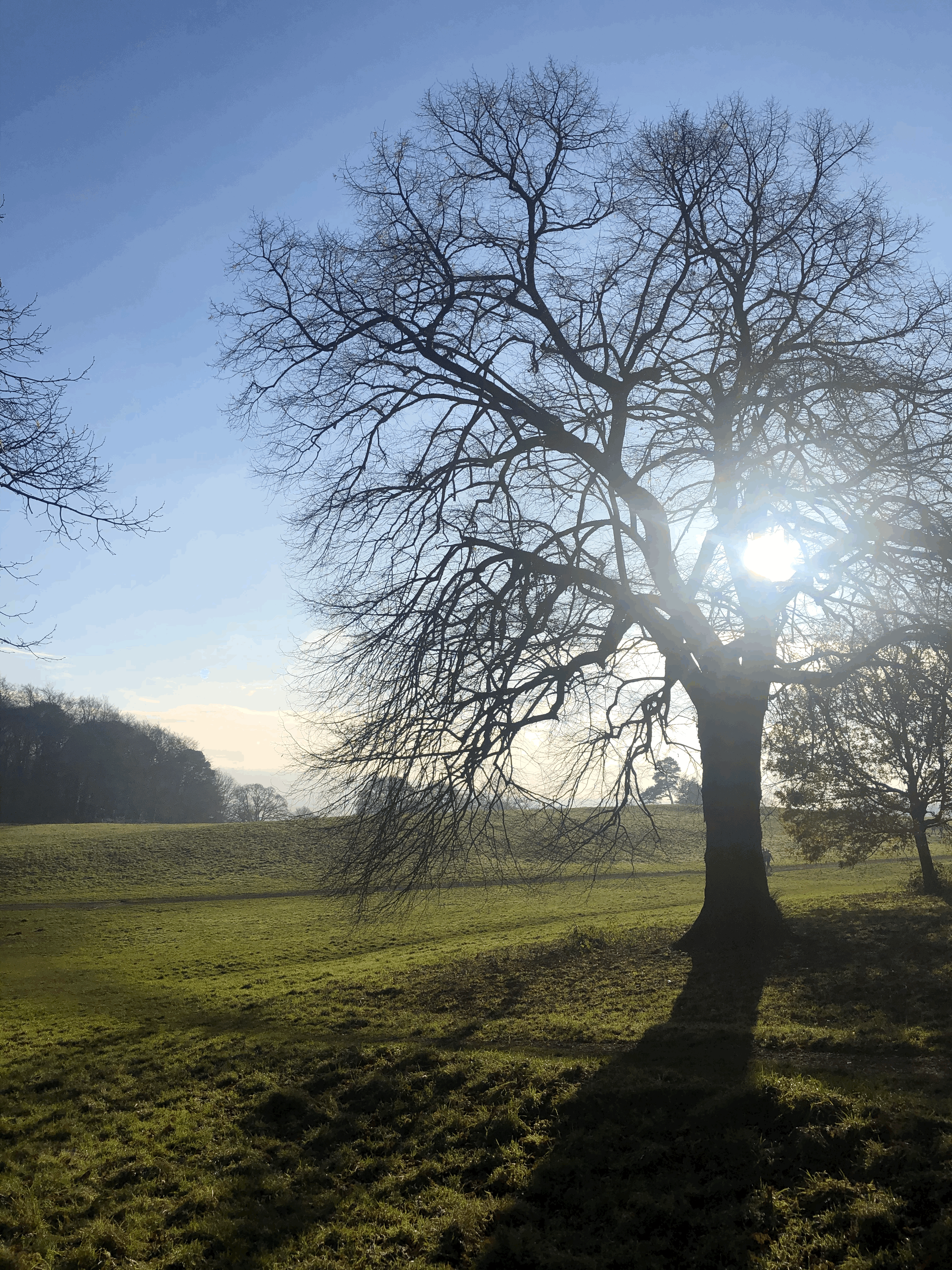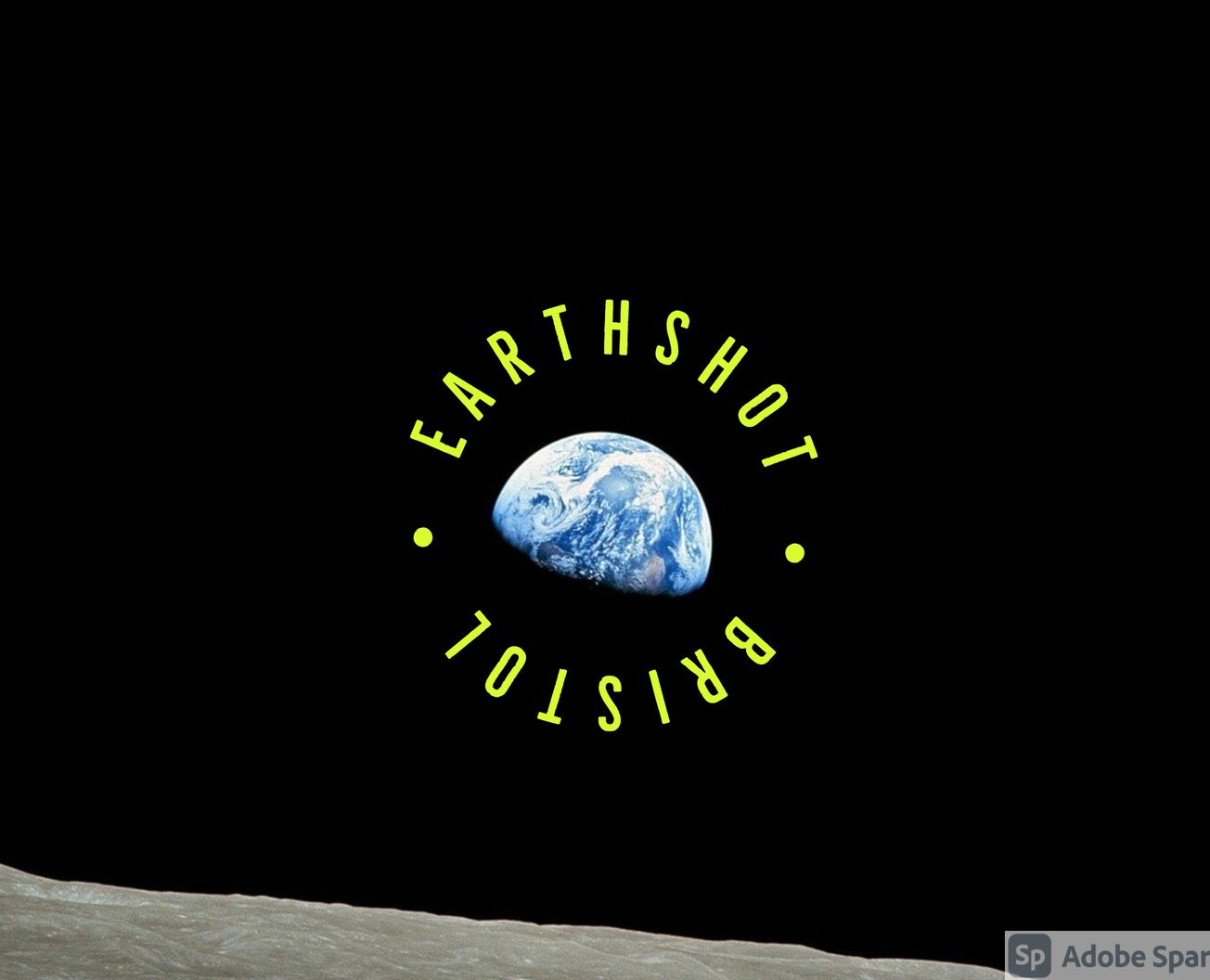By Flossie Palmer, Features Subeditor
First brought to public attention in January 2020, the Earthshot Prize offers climate potential activists the opportunity to invent five solutions for fixing the planet’s environmental crisis and receive £1 million in funding to put these solutions into action if they are selected. The prize is centred around five ‘Earthshots’ – simple yet ambitious goals which aim to reset the planet by 2030, improving both our lives and that of future generations.
The project was inspired by President John F Kennedy’s ‘Moonshot’ which united millions in the hope of sending mankind to the moon, thus becoming one of the biggest catalysts for technological development in the 1960s. This same hope underlies the Earthshot campaign, aiming to encourage individuals to enforce positive change through one collective project that unites the globe - fixing the planet we all share.
Despite the Prize’s international focus, with the Earthshot awards ceremonies taking place in a different city each year - the first being held in London in 2021, the Prize has even touched our small corner of the UK; the student community of Bristol. Epigram spoke to four of the University of Bristol’s second-year Innovation students who were inspired to participate in the Earthshot Prize.
The team was originally organised when co-founder Charlie Davey proposed the idea in the second-year Innovation group chat after noticing Earthshot advertisements on social media. When asked about his motivation for rallying a team of eight fellow students to help reset the environment, Charlie stated that ‘it makes sense, it’s what we do everyday anyway in our course and it’s something we’re all obviously interested in’. He further described the connection between taking part in the Earthshot Prize and the teams’ Innovation course as ‘a really good match.’
To encourage further student engagement in environmental activism, the Earthshot team are also aiming to become an SU affiliated society.
Considering their academic background studying Innovation at the University of Bristol, the team feels as if they are equipped with the skills and creativity required to generate the most effective solutions for the Earthshot Prize, as well as the business background to develop it into something much bigger. The team have also assigned roles to their members, such as writers, editors and directors, with communications controlled by Archi Garg.
However, as co-founder Rowan Jenkins pointed out, it is not all about winning; ‘even if we don’t win the prize, just coming up with an initiative to help would be good’, highlighting that helping the Earth itself is the crux of their mission. The team also expressed further motivations for competing beyond just winning, one being the cultivation of valuable connections for their future careers. The Earthshot judging panel alone includes celebrities such as David Attenborough, Prince William, Cate Blanchett and even Shakira, allowing all those who take part to set up an advantageous network of contacts.

When studying in Bristol, the UK’s greenest city , student involvement in environmental activism, and concern for the environment at the very least, is almost expected. On 28th February 2020, Greta Thunberg, the most prominent young environmental activist of our generation, held a climate strike in Bristol, speaking on College Green to over 20,000 people. With the event attracting large-scale participation in the Bristol community, it is clear that environmental concern is at the heart of both the city and its people. However, Bristol’s own Earthshot team have taken their concerns for our planet even further by taking practical action through participating in the Prize.
As highlighted by Mabel Forward, one of the team’s writers and editors, those small, everyday acts of environmental activism help contribute to the bigger picture. ‘It’s the little things;’ she stated, ‘re-usable make up wipes - I have stacks of them - buying stuff in the least packaging as possible, eating plant-based where possible.’ All these suggestions offer small yet meaningful solutions that any student can follow. Considering that in January 2021 alone, the planet produced 154 million tonnes of discarded waste, it is essential that we take a mindful approach to our lifestyles as often as we can - it is proven that even the smallest of actions make the biggest of differences.
With a predicted 28 years left until Earth’s support systems face imminent danger of collapsing, we don’t just have to be brave for ourselves.
Going forward, the Earthshot team have developed a six month plan, which will eventually culminate in the finalisation of up to four prototype ideas to be considered for presentation to the Earthshot judging panel. The team have also expressed an aim to become a CIC (Community Interest Company) - a non-profit organisation to encourage greater environmental awareness – and are keen to see the response among our university community to a student led company tackling issues as large as climate change.
To encourage further student engagement in environmental activism, the Earthshot team are also aiming to develop their organisation into an SU affiliated society, bringing intimidating, global issues down to an approachable, local level with easier ways to get involved. But, as Mabel explained, we should not be hesitant about facing these issues which seem so daunting; ‘Don’t be scared of tackling them. I know its cliché but if it’s not you then who? You need to be brave enough to tackle them.’
Greta Thunberg's momentous journey from lone schoolgirl to international vanguard
Mya-Rose Craig's quest for environmental salvation - Conversations with Fergal
With the environmental crisis reaching alarming levels of urgency, with a predicted 28 years left until Earth’s support systems face imminent danger of collapsing, we don’t just have to be brave for ourselves, but also for the planet we are living on. It relies on us as much as we rely on it, and this very urgency is emphasised by the raising of student awareness for our planet by groups such as the Earthshot team.
Keep updated with the Earthshot Team's progress on their Instagram.
Featured Image | Rowan Jenkins
How have you contributed to repairing our environment recently?









